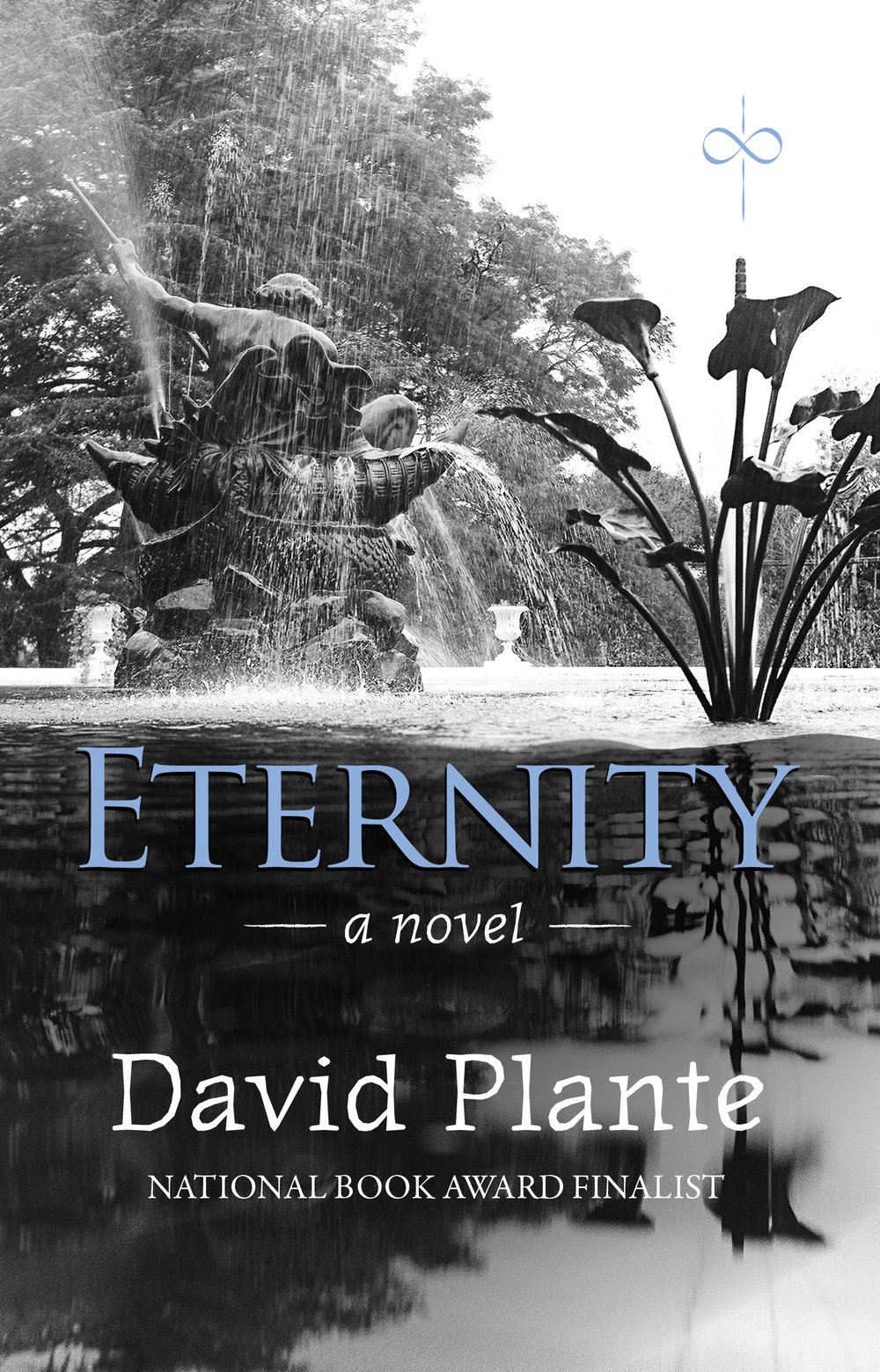Eternity

In London, Ted, a lapsed American Catholic married to a British woman encounters a friend’s child who is studying for his first communion. The boy, Jonathan, is terminally ill and believes the ritual of his first communion might miraculously heal him. Ted sees himself in the boy, and vividly recalls his childhood self. The idea of an eternal afterlife comforts Jonathan, but for Ted the idea represents a kind of dislocation: Is life merely something to be endured in preparation for eternity? Ted believed that as a child and now, in Jonathan, he finds the same beliefs taking hold. He must find a way back to his life and rediscover the profound joy that anchors him in this life, rather than in eternity.

David Plante grew up in Providence, Rhode Island, within a French-Canadian parish palisaded by its language, a dialect that dates back to the first French colonists, in the early seventeenth century, in La Nouvelle France—or what was then most of North America. His background is very similar to that of Jack Kerouac. Plante has been inspired to write novels rooted in La Nouvelle France, most notably in The Family, which was nominated for the National Book Award. He has recently published two memoirs: Worlds Apart and Becoming a Londoner. His renowned Difficult Women, a nonfiction work that profiles Jean Rhys, Sonia Orwell, and Germaine Greer, was reissued by New York Review Books in 2017. Plante has dual nationality, American and British, and resides in Lucca, Italy.

